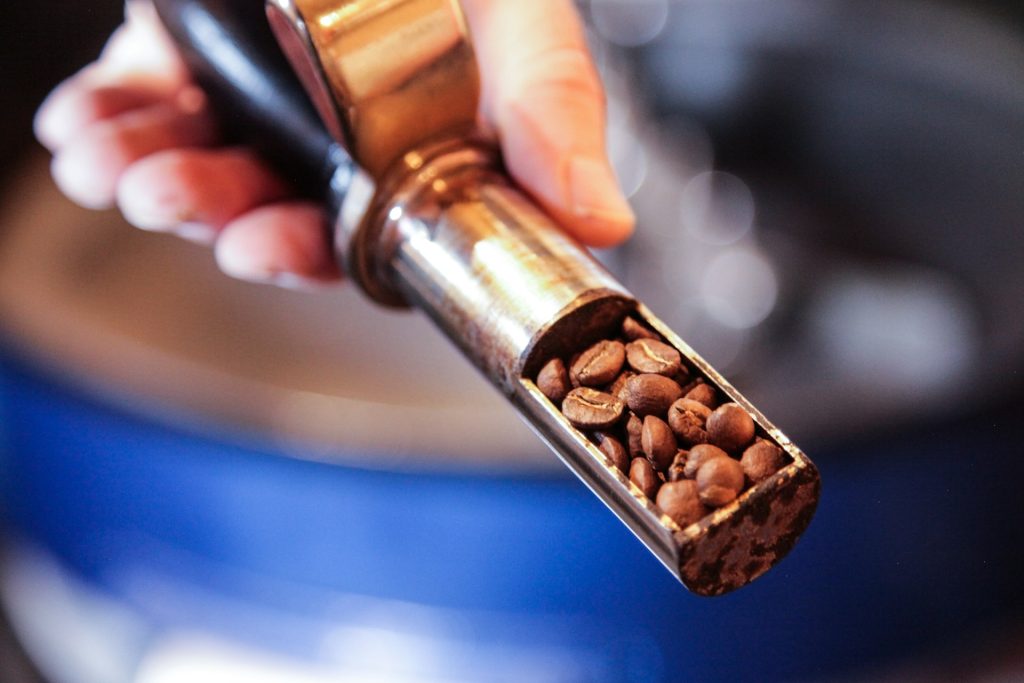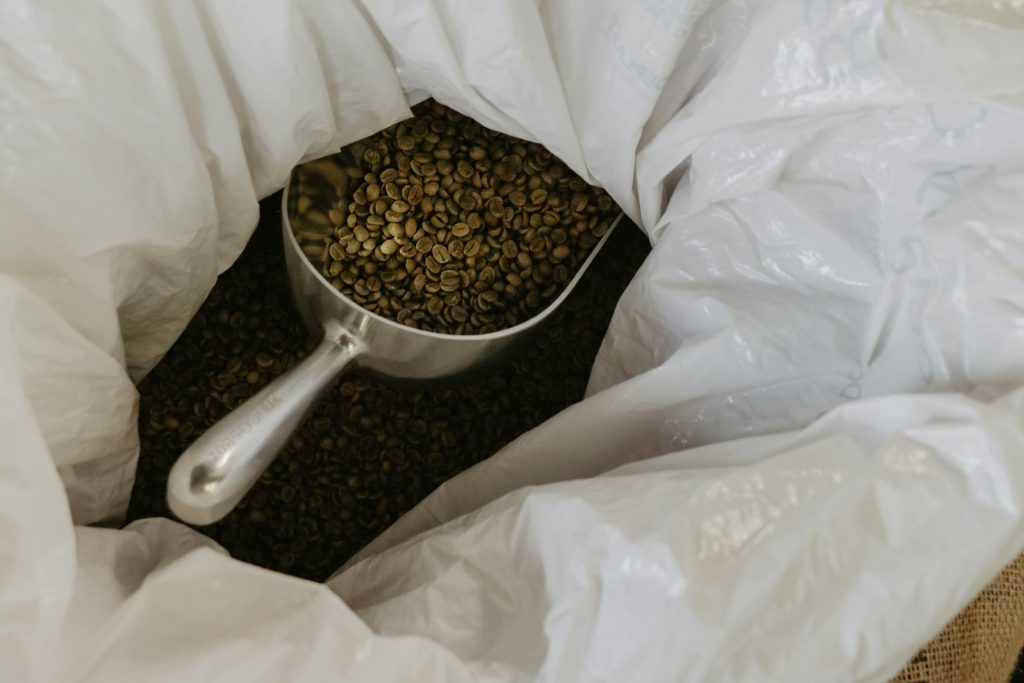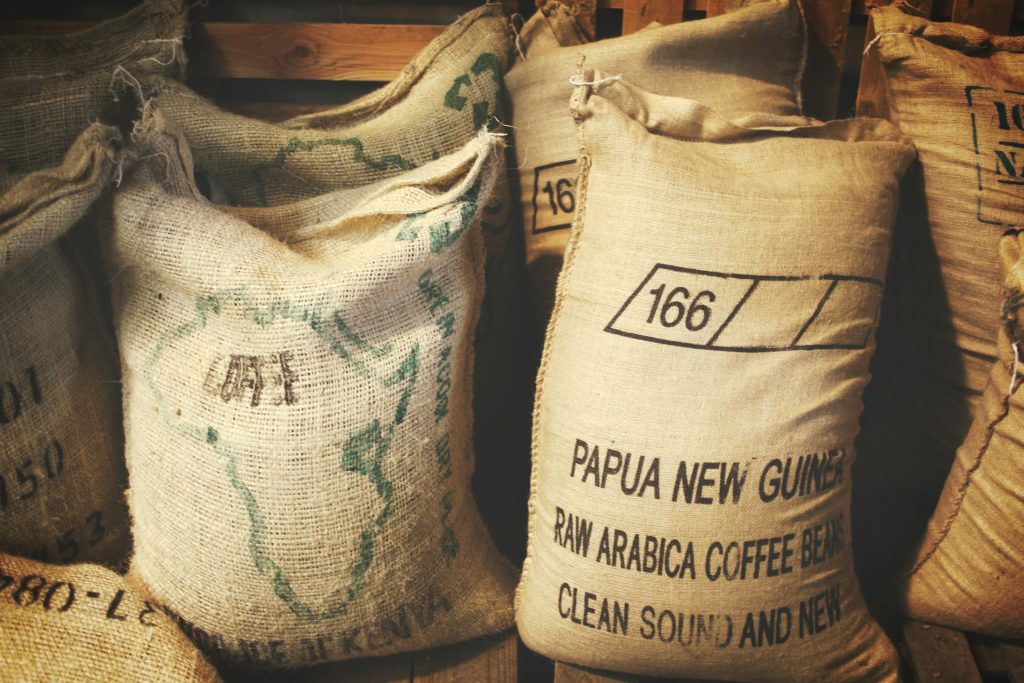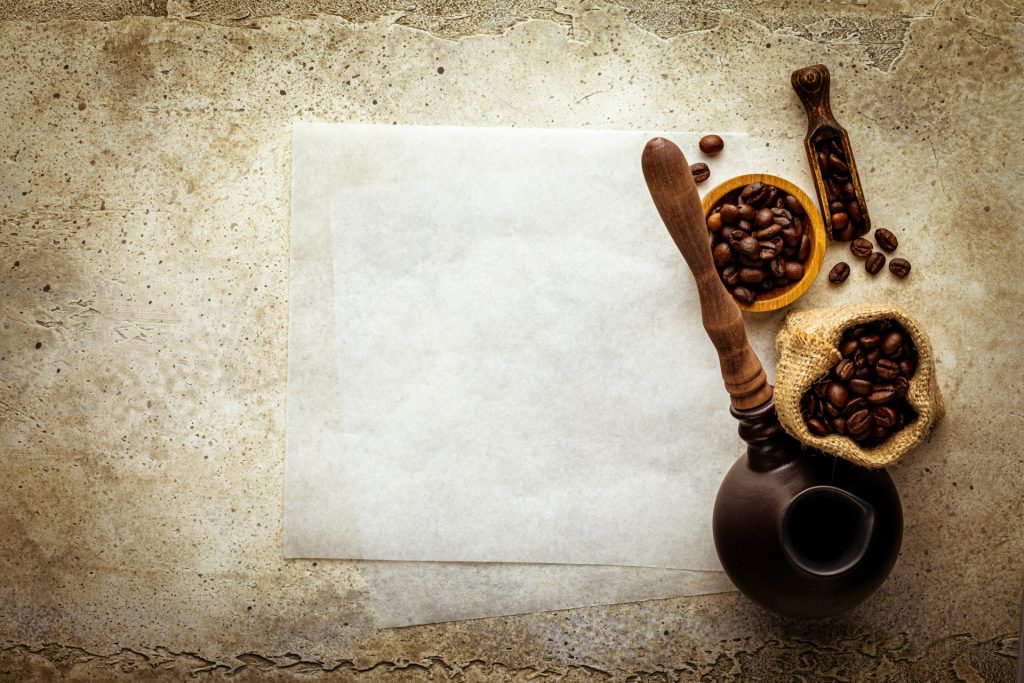Table of Contents
We all know coffee is the lifeblood of mornings and an essential part of many people’s daily routines, but did you know some of the most popular coffee beliefs are actually myths? Whether you’re a seasoned coffee lover or just starting to dive into the world of java, it’s time to bust some coffee myths that might surprise you. Let’s dive in!
1. Dark Coffee is Stronger Than Light Coffee

How often have you heard someone claim that dark roasts are stronger than light roasts? It’s a common misconception, but here’s the truth: dark coffee isn’t necessarily stronger than its lighter counterpart. When it comes to caffeine content, lighter roasts actually have more caffeine than dark roasts. This is because the longer coffee beans are roasted, the more caffeine they lose. While dark coffee may taste more intense, that doesn’t equate to a stronger caffeine kick. If you want a bold, high-energy cup, go for a lighter roast and enjoy the full flavor and caffeine boost!
2. Coffee Makes You Dehydrated
Another widespread myth is that coffee dehydrates you. It’s easy to see why people think this, considering coffee’s diuretic properties. However, the diuretic effect is relatively mild, and for the most part, coffee still contributes to your daily hydration. Studies have shown that moderate coffee consumption doesn’t lead to dehydration in healthy individuals. In fact, because coffee is made with water, it actually helps you stay hydrated. So, go ahead and enjoy that cup of coffee – it’s not as dehydrating as you might think!
3. Coffee Is Bad for Your Heart
There’s a long-standing belief that coffee is harmful to your heart, but this is another myth that doesn’t hold up under scrutiny. In fact, moderate coffee consumption has been shown to have heart health benefits, such as reducing the risk of heart disease and stroke. Research suggests that antioxidants found in coffee may improve heart function, reduce inflammation, and even lower blood pressure in some individuals. Of course, like anything, moderation is key – drinking excessive amounts of coffee can lead to increased heart rate and anxiety, but a few cups a day may actually be beneficial to your cardiovascular system.
4. You Shouldn’t Drink Coffee After 2 PM
Many people believe that drinking coffee after a certain time can disrupt their sleep, with a common cutoff being 2 PM. While caffeine can certainly affect your ability to fall asleep, the timing varies greatly depending on your individual tolerance to caffeine. For some people, drinking coffee late in the day can cause insomnia, while others might not experience any sleep disruption at all. The best approach is to pay attention to how your body reacts to caffeine and adjust your coffee-drinking habits accordingly. There’s no universal rule that applies to everyone, so listen to your body!
5. Instant Coffee is Inferior to Brewed Coffee

Instant coffee often gets a bad rap, with many people thinking it’s a cheap, inferior alternative to freshly brewed coffee. While it’s true that some instant coffee options are less flavorful, high-quality instant coffee can be just as aromatic and delicious as brewed varieties. The key lies in the quality of the beans used, the processing method, and how it’s prepared. If you’re short on time or looking for a quick fix, don’t write off instant coffee – with the right brand, you can still enjoy a satisfying cup of coffee in minutes.
6. The Best Coffee Comes from Expensive Brands
Many coffee drinkers are under the impression that the more expensive the coffee, the better the taste. While it’s true that some high-end coffee brands produce premium-quality beans, price doesn’t always equate to quality. What really matters is freshness, grind size, and brewing method. You can easily get a great cup of coffee from a budget-friendly brand if you know how to brew it properly. Don’t let price tag be the only factor when choosing your next bag of beans. A cheaper option can surprise you with its flavor, as long as it’s fresh and brewed right.
7. Espresso is the Strongest Coffee

Espresso is often thought to be the strongest coffee, but the truth is a little more nuanced. While espresso is more concentrated than regular coffee, it actually contains less caffeine per ounce. When measured by volume, drip coffee typically packs more caffeine than a shot of espresso. Espresso may feel stronger because of its concentrated flavor, but if you’re looking for a serious caffeine boost, a larger cup of drip coffee might be your best bet. So, next time someone says espresso is the strongest, you can confidently share the facts!
8. Coffee Should Be Consumed Black for Maximum Benefits
There’s a misconception that to get the most health benefits from coffee, it needs to be consumed black – no milk, sugar, or additives. While black coffee is low in calories and full of antioxidants, adding a splash of milk, cream, or a sweetener doesn’t automatically make it unhealthy. In fact, milk can provide calcium and vitamin D, while a small amount of sugar may actually improve cognitive function. It’s all about balance and personal preference. If you enjoy your coffee with milk or sugar, don’t feel guilty – just keep it moderate!
9. Cold Brew is Just Iced Coffee
Cold brew coffee is often confused with iced coffee, but they are actually two very different drinks. Iced coffee is brewed hot and then cooled down, whereas cold brew is made by steeping coffee grounds in cold water for 12–24 hours. The result? Cold brew tends to have a smoother, richer taste with lower acidity, making it a great option for people with sensitive stomachs. So, if you’re craving a refreshing coffee drink, make sure to choose the right one based on your flavor preferences. Cold brew isn’t just iced coffee – it’s a whole different beast!
10. You Can’t Drink Coffee When Pregnant

Pregnant women are often told to avoid coffee completely, but that’s not necessarily true. While excessive caffeine intake can be harmful during pregnancy, moderate consumption (about 200-300 mg per day) is generally considered safe. This is roughly equivalent to one 12-ounce cup of coffee. Of course, every pregnancy is different, so it’s important to check with your doctor to find out what’s best for you. But the idea that you have to give up coffee entirely during pregnancy is a myth that’s rooted in fear rather than science.
Busting the Coffee Myths
There you have it – 10 common coffee myths that are totally false. Whether it’s about the strength of dark coffee, the health benefits of your favorite brew, or the best time to drink it, it’s important to separate fact from fiction. Coffee is a delicious and versatile beverage, and everyone can enjoy it in their own way without being bogged down by myths.

I’m Audrey, a dedicated mother of teenagers with an insatiable love for coffee. On BeanBrewLove.com, I intertwine my need for caffeine with reflections on life. Whether expressing a nostalgic sentiment or injecting a hint of sarcasm, my blog is a reservoir of coffee culture, brewing techniques, and global coffee reviews.




